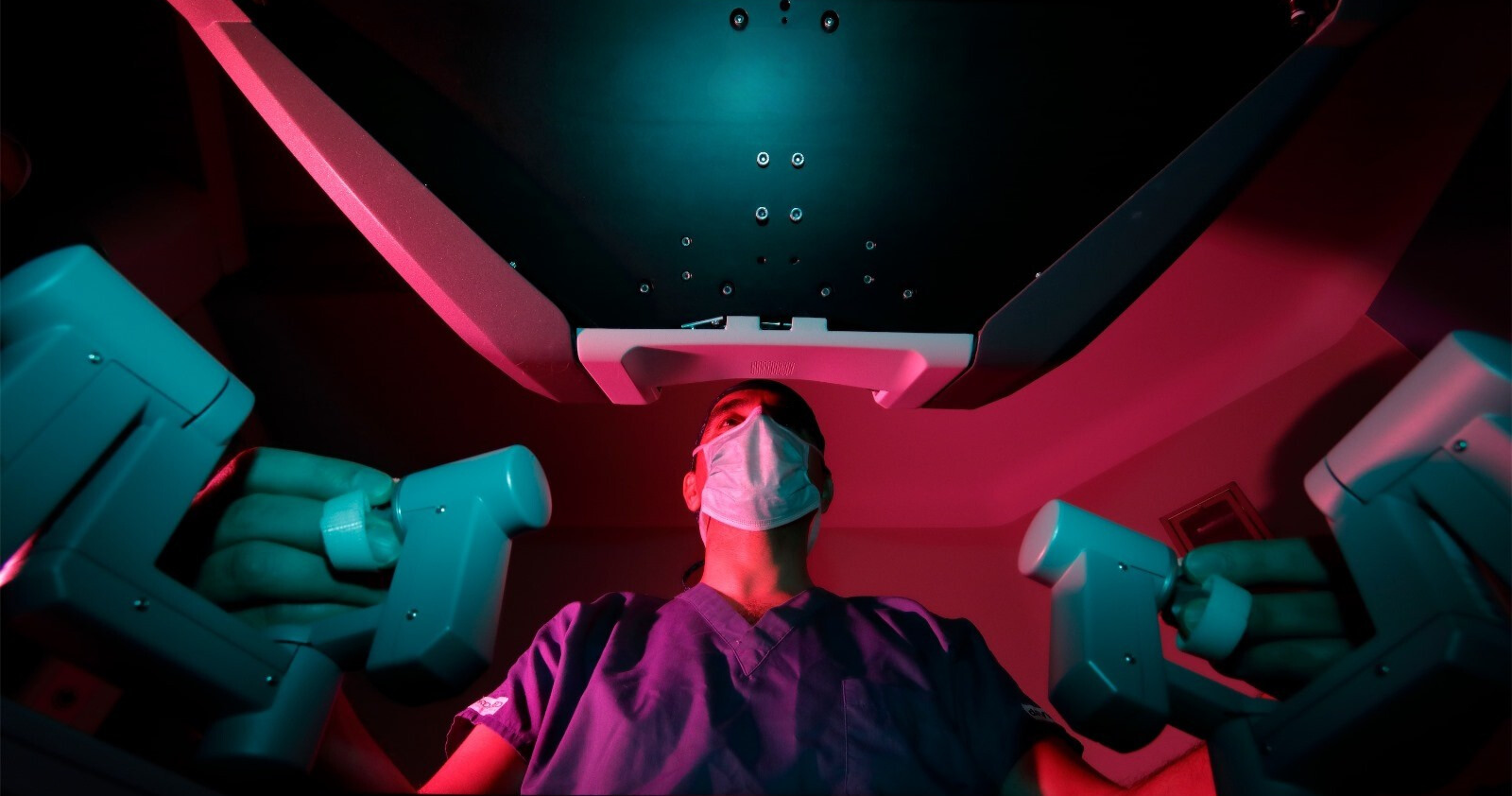The Role of Robotic Surgery in Colorectal Cancer
Robotic surgery has demonstrated significant advancements in colorectal cancer treatment, leveraging the benefits of minimally invasive surgical techniques. It offers numerous advantages for both surgeons and patients. Below are the key points highlighting the importance of robotic surgery in colorectal cancer management:
-
Minimally Invasive Techniques
- Robotic surgery involves much smaller incisions compared to traditional open surgery, leading to reduced pain, minimal blood loss, and shorter recovery times for patients.
- As an evolution beyond laparoscopic surgery, robotic surgery provides surgeons with enhanced precision and control, even in confined spaces.
-
Enhanced Precision and Visualization
- The use of 3D high-resolution imaging with magnification allows surgeons to view intricate details, ensuring the removal of tumors while preserving surrounding healthy tissues.
- Robotic arms enable access to angles and areas unreachable by the human hand, facilitating precise surgical intervention.
-
Shorter Hospital Stays
- Procedures performed using robotic surgery often result in shorter hospital stays. Patients can mobilize on the same day and resume normal activities sooner.
- This translates to faster recovery and earlier discharge from the hospital.
-
Reduced Bleeding and Lower Risk of Complications
- Smaller incisions in robotic surgery result in minimal bleeding and a reduced risk of infection at the surgical site.
- These factors contribute to a safer recovery and decreased likelihood of complications.
-
Faster Recovery and Early Mobilization
- Robotic surgery allows patients to return to their daily routines more quickly. This faster recovery improves quality of life and minimizes time away from work or other responsibilities.
-
Higher Success Rates
- The precision and safety of robotic surgery enhance treatment success rates. Reduced cancer spread risk and effective removal of affected tissues lower the chance of recurrence.
-
Applicability to Rectal and Colon Cancer
- Robotic surgery is effective in treating tumors in both the rectum and colon.
- Particularly in rectal cancer surgery, robotic techniques help preserve sensitive structures around the anus while removing cancerous tissues.
-
Improved Patient Satisfaction
- Patients undergoing robotic surgery experience less pain, faster recovery, and shorter hospital stays, leading to higher overall satisfaction with their treatment.
Conclusion
Robotic surgery in colorectal cancer enhances surgical precision, enabling faster recovery with fewer complications. Its minimally invasive nature offers significant advantages for both patients and surgeons. This innovative approach represents a revolutionary advancement in colorectal cancer treatment, paving the way for better outcomes and improved quality of life.



